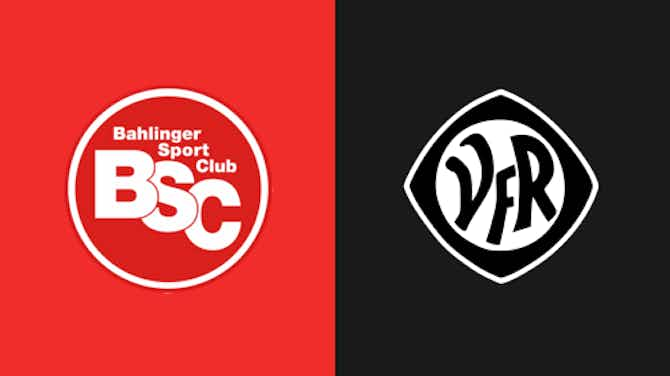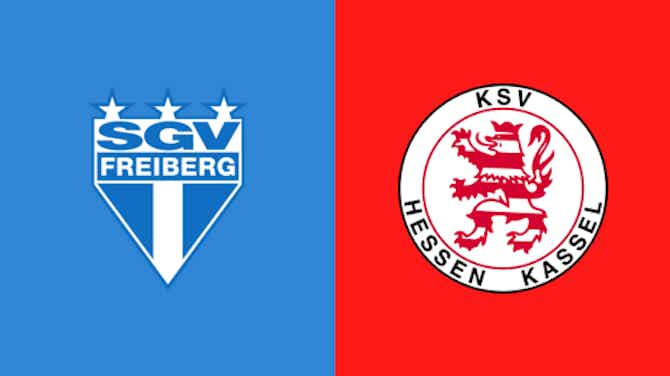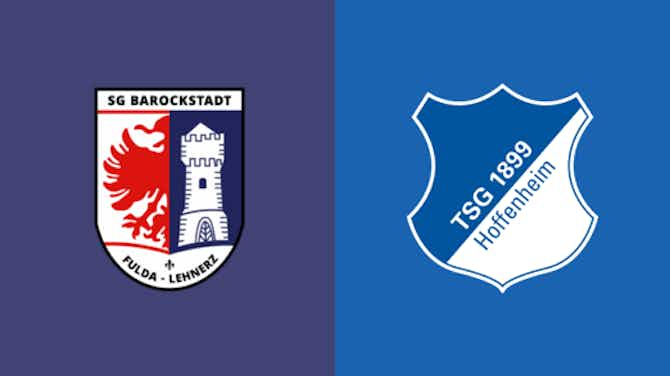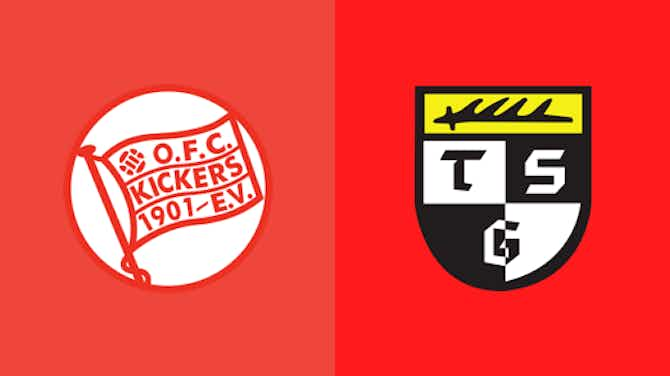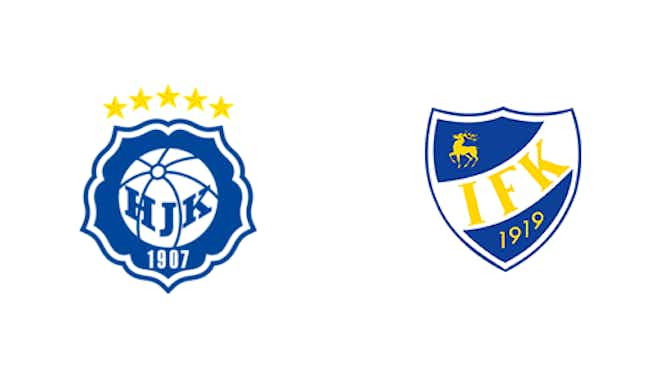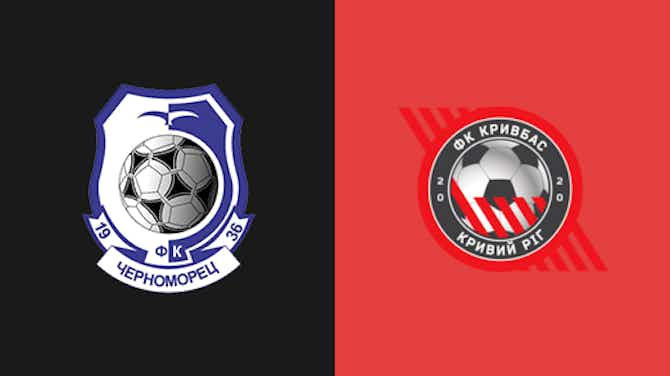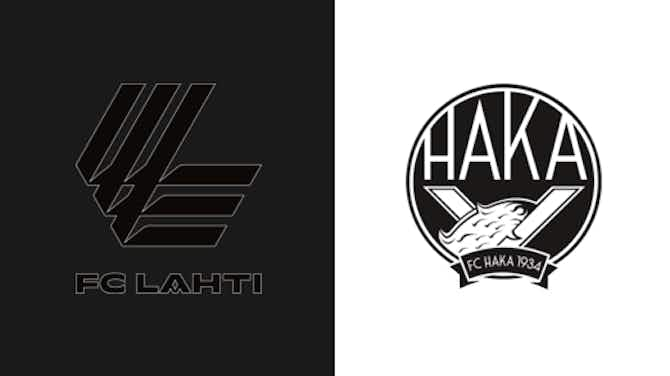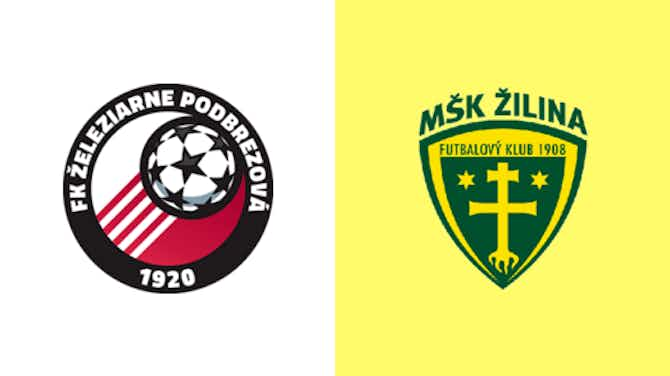Football Espana
·9 February 2023
The 10 key components of the restructured Superleague

Football Espana
·9 February 2023

Real Madrid, Barcelona and Juventus have decided to outsource the organisation of the Superleague to sports management company A22, headed by Bernd Reichart. As various court cases between UEFA and The Superleague come to a head, Reichart has given a number of new details on how they see the Superleague being put into action.
Reichart explained the new format and tenets of the plan to El Pais in an interview. The changes and objectives can be divided into 10 key areas.
1- Competitions based on sporting merit
The new format would contain four divisions consisting of 60-80 teams, with open qualification and no fixed positions. In many senses an extra competition on top of the Champions League, Europa League and Conference League currently in place.
2- National competitions as a base
Domestic competitions would continue to form the base of football, although it does mention that as well as injections of cash into domestic leagues, they should ‘confront the necessary criticism’ in order to strengthen.
3- Improving competitiveness through sustainable resources
There would be more transparency and a greater distribution of finances, as well as rigorous financial controls in order to improve competitiveness. Teams in the Superleague would be guaranteed a minimum of 14 European games.
4- Player health as a central component
Amid the burgeoning number of games, The Superleague would not increase the number of games players are asked to play currently. Although this directly contradicts the previous point regarding 14 games, even if those who go furthest in competitions would not be playing more. Currently to win the Champions League from the group stage requires 13 games.
5- Competitions governed by clubs, more sustainable and transparent financial rules
More transparent rules, with competitions governed by the clubs, as happens in many leagues. Clubs would only be able to spend what they are able to generate, without cash injections from third parties that ‘distort’ the competition.
6- The best football competition in the world
The objective is to create the most entertaining sporting event in the world. Attracting younger generations is key and the doing so requires exciting games between the game’s top players from the start of the season until the end.
7- Improving the fan experience
More help for fans to attend away games, and an open dialogue with independent groups in order to facilitate changes to the game.
8- Developing and financing women’s football
Increased investment in women’s football, focusing on the development of both infrastructure and the professional game. Women’s football would also be placed in the spotlight alongside the men’s game.
9- More solidarity contributions
More money for clubs that are not competing and social causes in The Superleague, and more transparency over the funding. A minimum of €400m per annum, which is allegedly double the current amount.
10- Respect for the values and rules of the European Union
The protagonists of European football should act in accordance with the rules, values and jurisdiction of the European Union and its law. It is not clear whether this would apply to clubs not in the European Union.
La Liga President Javier Tebas responded to this presentation of sorts with a tweet comparing The Superleague to the Wolf in Little Red Riding Hood, attempting to trick clubs into being eaten.
Without details and percentages of exactly how these plans are to be carried out, it is impossible to say whether The Superleague has put forward a number of superficial phrases or an actual plan.
For many fans, these concepts are important and sound attractive, but no doubt UEFA would say they do much of, if not all, of these already. Two of the points are already in contradiction, as highlighted earlier, a sign that far more detail is needed before clubs or fans should pass judgement on it.


Live




Live




Live




Live























